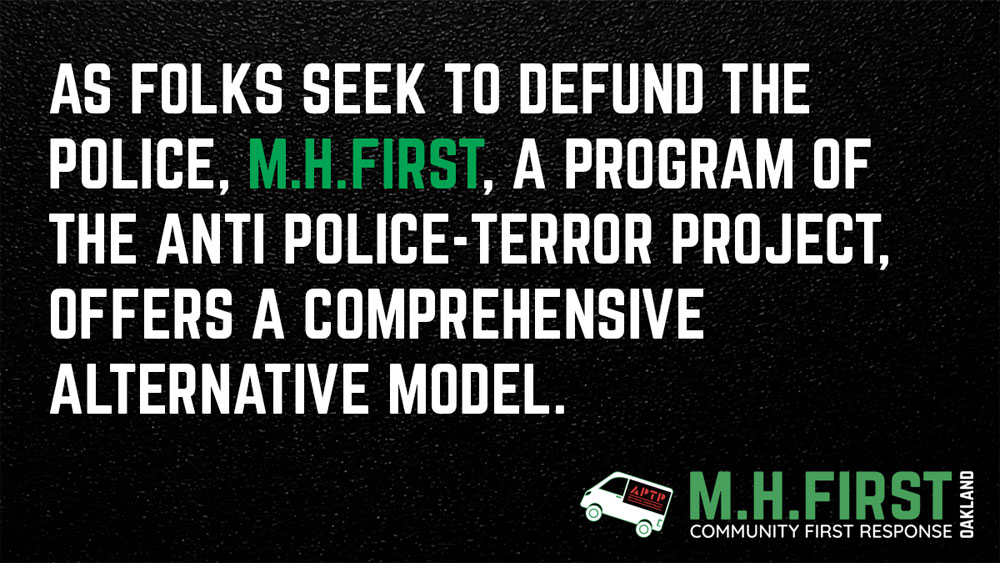
November 5, 2020; Next City
It’s been over five months since George Floyd was murdered on the streets of Minneapolis. NPQ’s coverage has followed the increasingly heated debate about building safe communities, even as that debate has been tragically punctuated by a stream of new cases of police violence.
After an initial wave of broad agreement that change was needed, we have hit a wall. What we should do about how we police ourselves has become yet another issue dividing our nation and for which we need a path forward.
Over the election campaign, the words “defund” and “abolish” have been demonized in order to avoid difficult conversations. In comments this week, Representative James Clyburn (D-SC), as reported by the Guardian, told viewers of CNN’s State of the Union, “John Lewis and I were founders of the Student Nonviolent Coordinating Committee. John and I sat on the House floor and talked about that ‘defund the police’ slogan, and both of us concluded that it had the possibilities of doing to the Black Lives Matter movement and current movements across the country what ‘Burn, Baby, Burn’ did to us back in the 1960s. We lost that movement over that slogan.”
But “defund” and “abolish” are more than just slogans. They speak to the long-ignored living experiences of Black, Indigenous, and people of color communities. They call for rethinking the roles politicians have asked police to play and considering whether there are more life-affirming ways to reach common goals of living in safe and supportive communities. Rashawn Ray, writing for Brookings, sees this as a plea for “reallocating or redirecting funding away from the police department to other government agencies funded by the local municipality. That’s it. It’s that simple.”
Even now, we are beginning to see models of how that might be done. For example, in Northern California, Mental Health First (MH First), developed by the Anti Police-Terror Project—a Black-led, multi-racial, intergenerational coalition—replaces uniformed police with first responders in cases of psychiatric emergency or problems with substance use. MH First trains three-person volunteer teams that can approach crisis from a health rather than a legal perspective, as Emily Nonko describes for Next City:
The “contact person”—ideally a person with lived experience who could empathize with participants—took calls. The second person, often a medical professional, handled in-person dispatches and went to the scene of the incident with the third person, known as the “safety liaison,” whose role was to interact with community members on site of a mental health crisis, as well as police.
The role of safety liaison was crucial…because police are so interwoven in medical and emergency procedures. For that reason, she had to be thoughtful of the volunteer and participant interaction from start to finish. Volunteers ask, “are you safe?” as opposed to leading questions often used in emergency response, like “do you want to kill yourself?” or “do you want to hurt others?”
Sign up for our free newsletters
Subscribe to NPQ's newsletters to have our top stories delivered directly to your inbox.
By signing up, you agree to our privacy policy and terms of use, and to receive messages from NPQ and our partners.
For Anti Police-Terror Project co-founder Asantewaa Boykin, “MH First is an example of what we mean when we say, ‘defund the police.’” It is also serving as a model for California’s “AB 2054—also known as the CRISES Act—which would establish a statewide pilot to have community-based organizations serve as first responders to mental health crises instead of the police.
In late August, the bill, which was co-sponsored by 13 organizations and includes input from family members of individuals killed by police as well as experts in non-police responses to crises, passed both houses of the state legislature with bipartisan support. All that remains is a signature by Governor Gavin Newsom for this model to bloom and start “defunding” without endangering anyone.
To redirect funding to projects like MH First, we need to change how we conceive of the budgeting process. A former Baltimore City budget director has some advice about how to face this moment of conflict. Writing in Next City, Andrew Kleine counsels us to focus on results-based budgeting, an approach that, “unlike traditional government budgeting…focuses on future goals like better schools and safer streets, as opposed to how the money was spent last year.”
However, Kleine reminds us “budgeting for equity means making hard choices.”
Police chiefs and police unions will use scare tactics to protect their piece of the pie. For that matter, nothing in the budget will go away without a fight, and you won’t find nearly enough waste, fraud, and abuse to pay for the new initiatives you need. That’s all the more reason to build a budget that looks to the community’s aspirations and is grounded in data about what works and what doesn’t.
Slogans remain slogans and can sow division, absent the willingness to make difficult decisions. Without leaders willing to confront fear, deep community engagement is stymied. Earlier this year, NPQ looked at an effective effort to rethink how Atlanta should repurpose a criminal detention facility. Similarly, Chicago engaged community groups to develop recommendations for revamping the city’s approach to police oversight; these groups have also expressed their desire to see police departments’ budgets redirected to other community services.
In short, we know how to engage communities in difficult conversations. But we cannot move forward without the willingness to make the tough calls.—Martin Levine












